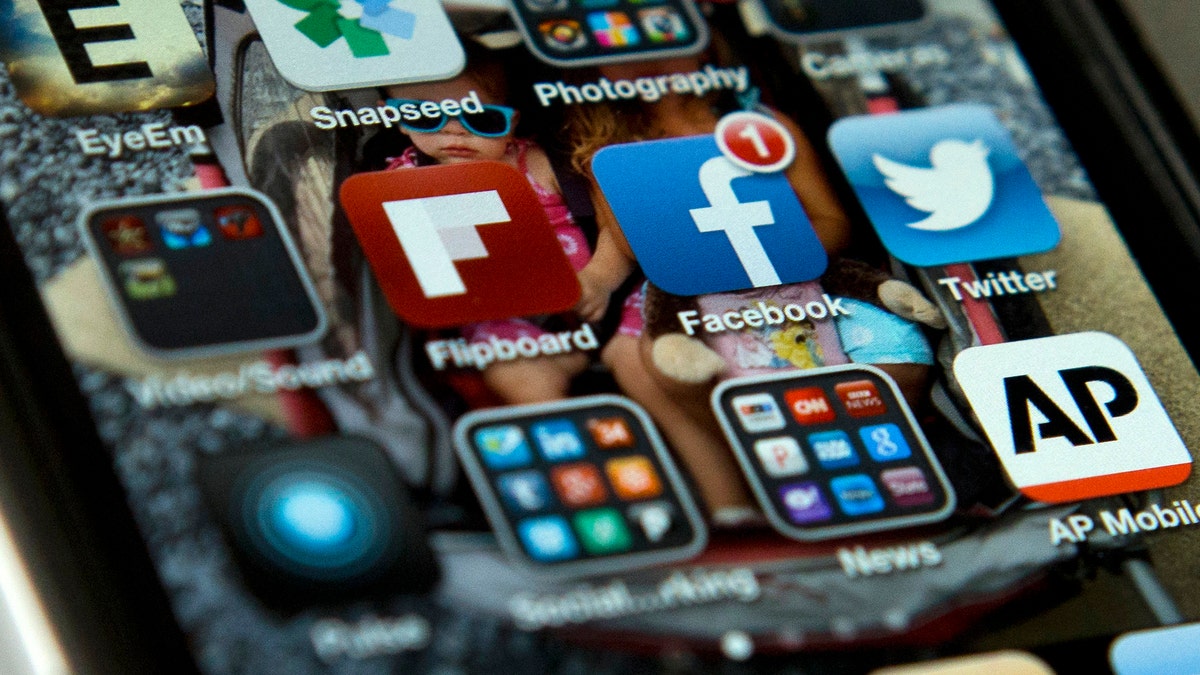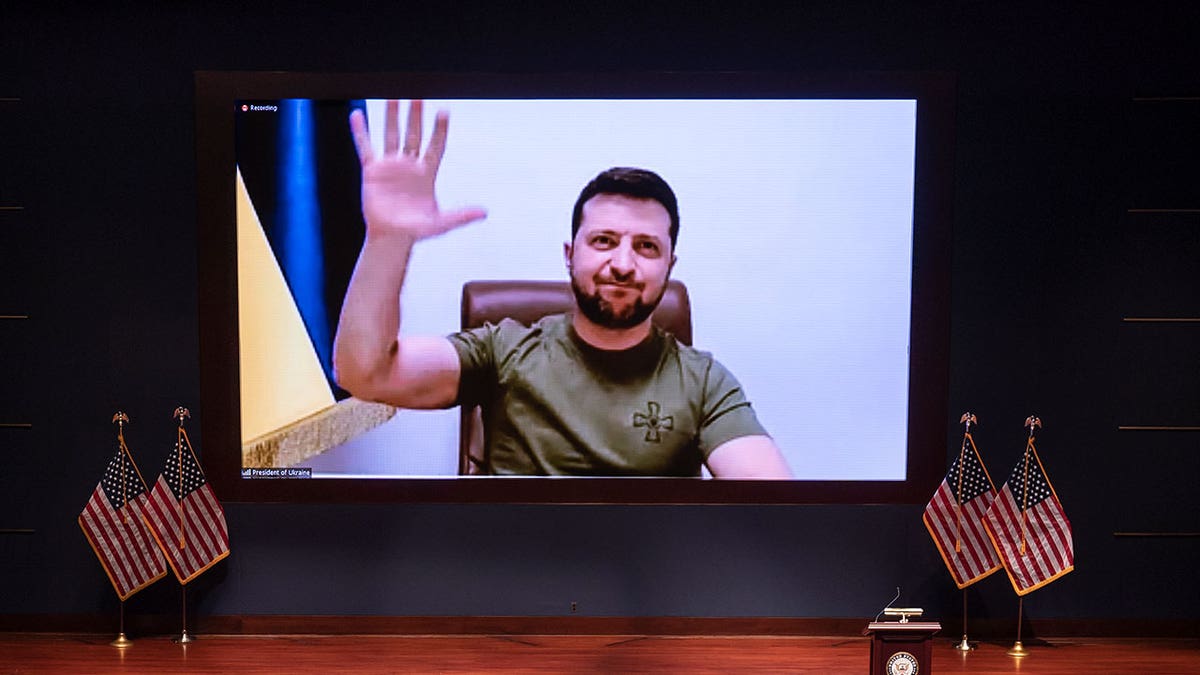Ukrainians share human toll of war, combat disinformation on social media
Amid the war in Ukraine, social media has become a battlefield to fight Russian disinformation.
Amid the war in Ukraine, social media has become a much-needed outlet and a battlefield to fight Russian disinformation.
On social media platforms like Instagram, Facebook and Telegram, images of defiant Ukrainians are stirring support for the embattled nation. At the same time, social media influencers have become reliable sources for people hoping to understand daily life in the war zone.
Before the war, Kristina Korban was a Kyiv-based TikTok influencer who shared investing and personal finance tips. On the first day of Russia's invasion, Korban recorded herself describing the explosions she heard from her home. The video has since been viewed more than 9 million times.
"I never expected to get that much feedback. I try my best to just portray an accurate image of my experience," Korban said. "If they [followers] can relate to somebody emotionally, it will get them towards action or maybe taking a stand or maybe sharing information."

A view of an iPhone in Washington May 21, 2013, showing the Twitter and Facebook apps among others. (AP Photo/Evan Vucci)
Korban told Fox News she now feels she has a duty to continue posting to keep her followers informed.
"This is my country, this is my home, and I have a voice for a reason. If I can spread it, I’m going to do that. I’m doing my part just like everyone else in the country," Korban said.
Along with influencers, everyday Ukrainians have taken to social media to share the human toll of Russia’s invasion.
HOW TO SPOT FAKE RUSSIAN SOCIAL MEDIA ACCOUNTS AND POSTS
Social media has also been used as part of the war effort with Ukrainian President Volodymyr Zelensky using Instagram and Twitter to address his citizens and speak directly to Vladimir Putin.
Some Ukrainians have also mounted a sort of "digital resistance" online, using social media to project strength, boost morale, share defense strategies or simply "troll" the enemy.

Ukrainian President Volodymyr Zelenskyy speaks to the U.S. Congress by video to plead for support as his country is besieged by Russian forces. (AP Photo/J. Scott Applewhite, Pool)
"It all adds to their credibility, it amplifies the news, adds the emotion, which always adds a human face, so it changes the stories and the narrative," said Dr. Olga Kamenchuk, an associate professor at Northwestern University's Institute For Policy Research.
Ukraine’s citizens have used social media to shape the narrative of Russia’s invasion as misinformation about the war also spreads online.
"What’s surprised most people is how ineffective Russia’s information campaign has been," said Dr. Erik Nisbet, a professor of communications and director of the Center for Communication & Public Policy at Northwestern University. "The Ukrainian ability to counter Russian disinformation with its more organic, citizen-driven narratives has been impressive," Nisbet said.
CLICK HERE TO GET THE FOX NEWS APP
On Monday, Russia moved to ban Instagram, the latest social media platform to be restricted in the country following similar bans for Facebook and Twitter.










































